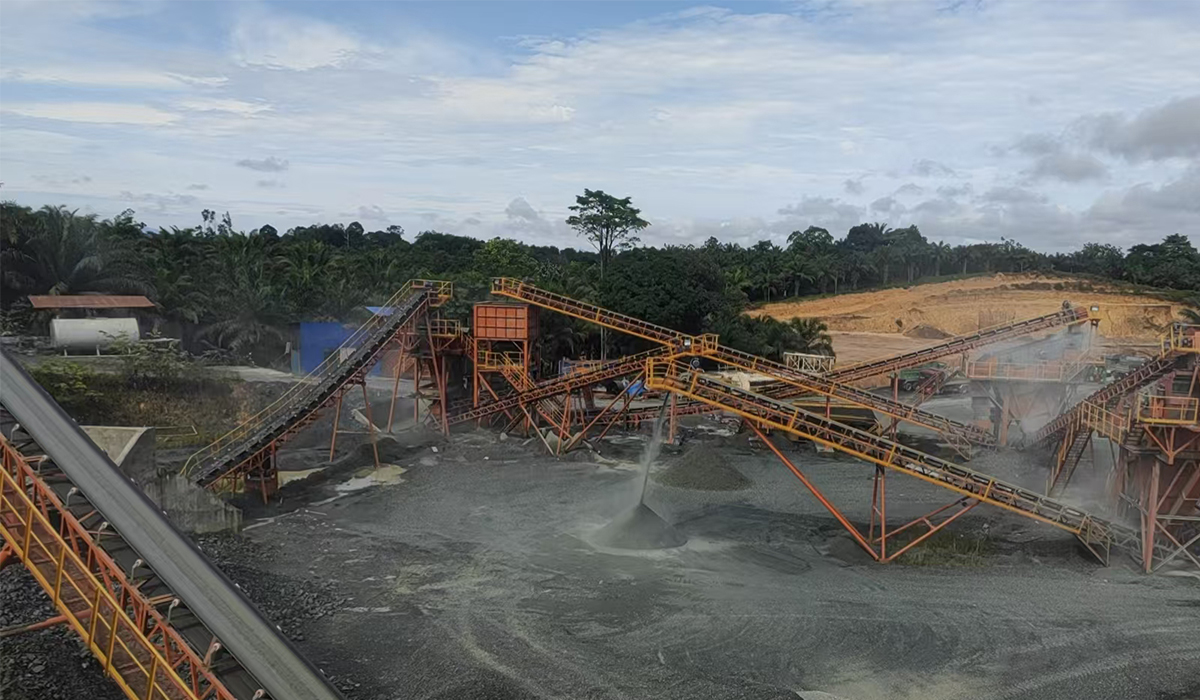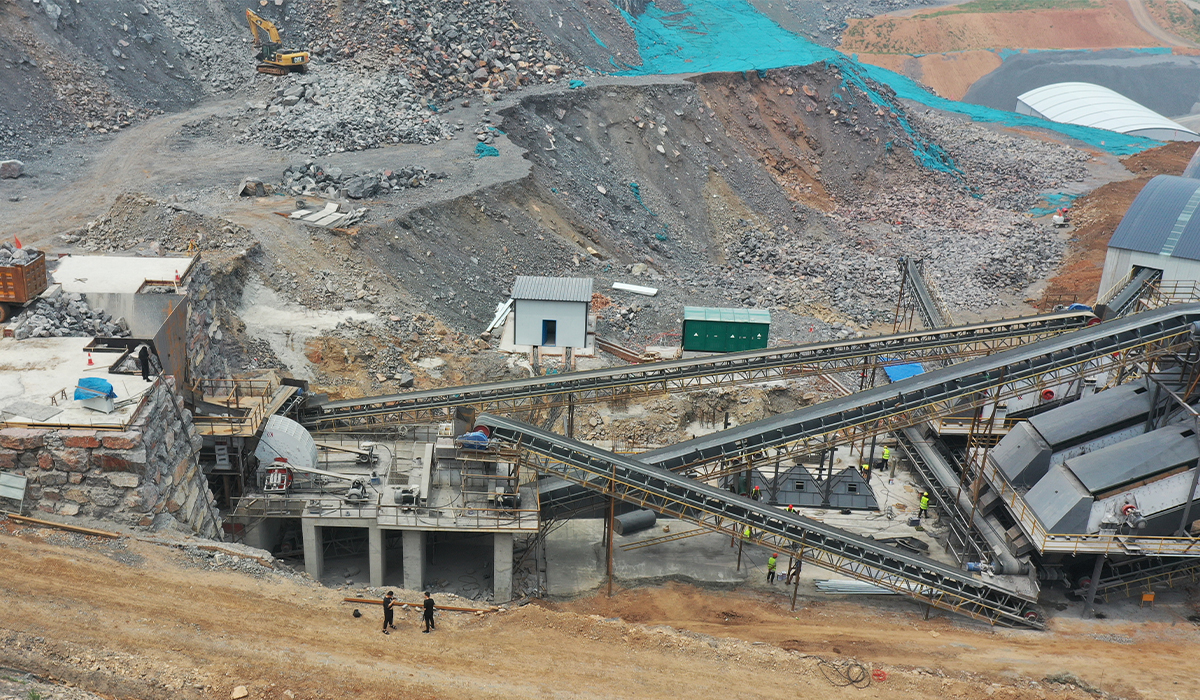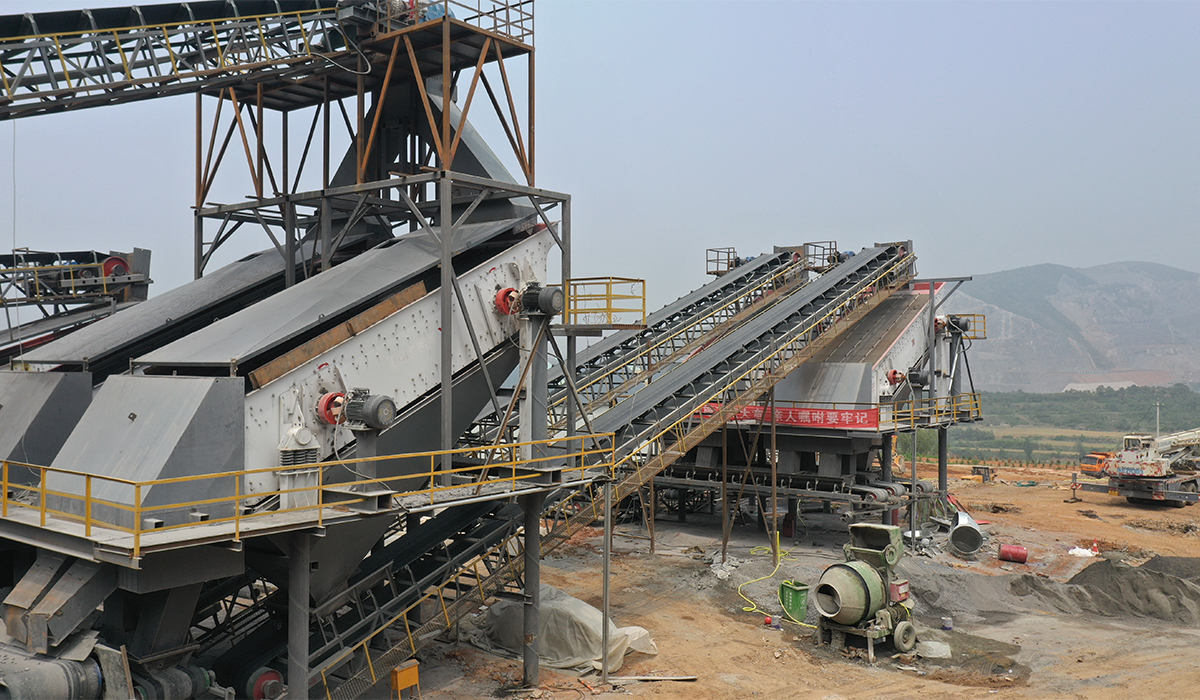
In modern mining operations, crushing high-hardness ores such as iron ore, granite, and basalt has always been a significant challenge. Ordinary crushing machines often face issues like rapid wear of parts, high energy consumption, and low output, making it difficult to meet the demands of large-scale production. In this article, we provide a comprehensive high-hardness ore crushing solution, helping mining enterprises improve efficiency, reduce operational costs, and achieve stable production.

High-hardness ores have unique characteristics that make them difficult to process:
High Hardness and Wear Resistance: These ores require crushing chambers and liners with exceptional wear resistance.
Large Feed Size: Large ore blocks necessitate crushers with wide feed openings to handle initial crushing efficiently.
High Production Requirements: Large mining operations need crushers capable of continuous, high-output performance.
Maintenance Demands: If equipment selection is improper, frequent replacement of wear parts leads to increased downtime and maintenance costs.
These challenges make it critical to choose the right crushing technology and equipment to ensure a balance between efficiency, durability, and cost-effectiveness.
For high-hardness ores, a multi-stage crushing process is generally recommended to ensure both efficiency and product quality:
Primary Crushing (Coarse Crushing): Jaw Crusher
Handles large feed sizes.
Provides strong crushing force suitable for ores like iron ore and granite.
Secondary Crushing (Medium Crushing): Cone Crusher
Offers high crushing efficiency and uniform product size.
Ideal for high-hardness ores due to robust wear-resistant components.
Tertiary Crushing (Fine Crushing & Shaping): Vertical Shaft Impact Crusher
Improves final product shape and quality.
Essential for producing high-quality aggregate and sand products.
Typical Configuration Example:
Vibrating Feeder → Jaw Crusher → Cone Crusher → Vibrating Screen → Finished Product Stockpile
This configuration ensures high crushing efficiency, energy savings, and uniform product size.

Wide feed opening suitable for large ore blocks.
High compression strength up to 320 MPa.
Ideal for initial breaking of iron ore, granite, basalt, and other hard materials.
Deep crushing chamber for uniform output size.
Hydraulic protection system reduces downtime.
Highly suitable for high-hardness ores with longer service life compared to impact crushers.
Enhances product shape and gradation.
Widely used in producing high-quality manufactured sand.
Reduces dust and improves overall aggregate quality.
Integrated feeding, crushing, and screening system.
Perfect for mining sites requiring frequent relocation.
Reduces transportation costs and improves operational flexibility.
Project Details:
Material: Iron ore with high hardness and large block size.
Solution: ZSW Vibrating Feeder + PE Series Jaw Crusher + HP Series Hydraulic Cone Crusher + Vibrating Screen.
Results:
Stable production capacity: 500 tons per hour.
Equipment downtime minimal; only one replacement of wear parts in six months.
Operational costs reduced by 20%, while maintaining high product quality.
This case demonstrates that a scientifically designed crushing process can effectively solve the challenges of high-hardness ores while improving operational efficiency.

Ore Hardness: Higher hardness ores require a combination of jaw crusher + cone crusher for efficiency and durability.
Production Capacity: Select crusher models based on tonnage requirements.
Product Requirements: Add VSI or shaping crushers if high-quality aggregate or sand is needed.
Maintenance & Support: Choose crushers with durable wear parts and reliable after-sales service to reduce downtime.
Additional considerations include energy consumption, environmental compliance, and automation features, which are increasingly important in modern mining operations.
High Efficiency: Optimized crushing chamber design allows high throughput.
Energy Saving: Advanced motors and intelligent control systems reduce energy consumption.
Durability: Robust wear-resistant components extend service life.
Flexible Operation: Mobile crushing solutions provide flexibility for scattered mining sites.
Enhanced Product Quality: Multi-stage crushing ensures uniform particle size and better aggregate shape.
Crushing high-hardness ores such as iron ore, granite, and basalt requires more than conventional equipment. A carefully planned process using jaw crushers for primary crushing, cone crushers for secondary crushing, and VSI for shaping ensures efficiency, reduces maintenance, and improves product quality. By adopting a high-hardness ore crushing solution, mining enterprises can achieve higher production capacity, lower operational costs, and sustainable operations—key factors for staying competitive in today’s mining industry.